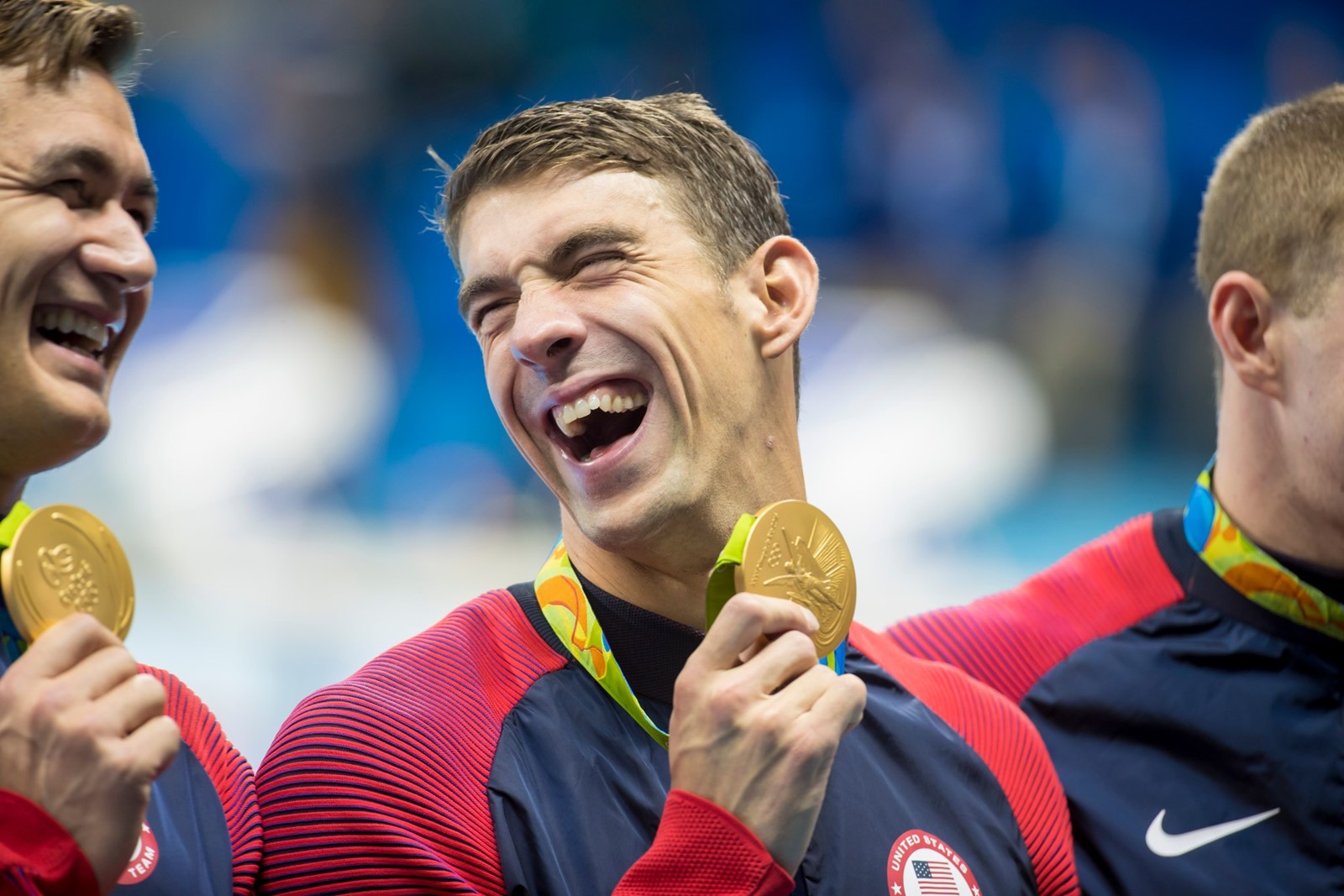
Michael Phelps on Sunday called on the United States Olympic & Paralympic Committee to “put the athletes first” and provide more mental health resources to struggling athletes.
During a Sunday morning interview on NBC’s “Meet the Press,” the former Olympic swimmer said the committee failed to help him as he began feeling symptoms of anxiety and depression — something he has urged the organization to improve upon.
“I walked into training rooms at the USOC and couldn’t get care … The athletes need to be first,” Phelps told anchor Kristen Welker. “Flat out. The ABC organizations have taken some steps in the right direction to get help and care that us athletes need, but they are not doing everything they can, and that upsets me.”
When asked what he would say to USOC representatives about their treatment of mental health, Phelps said he would tell them “nothing that can be recorded,” as he has “so much passion and emotion” for the topic.
The Baltimore County native and record-holder for most Olympic medals of all time said his ambition to “never quit” and to “be the best” led anxiety and depression that started in 2004 after Phelps won a gold medal in that year’s Athens Olympics.
Once the games were over, Phelps said he got his first taste of what he called “post-Olympic depression.” He said he felt like he was at the end of a cliff facing the question, “Now what?”
“I could tell something was off,” Phelps said. “But I think I saw it as a sign of weakness, and if I shared anything about it, it would give my competitors an edge, and I am not trying to do that.”
Phelps, who retired from the Olympics in 2016, entered a 45-day treatment program in 2014 after receiving a DUI and suffering from suicidal thoughts.
He compared his treatment to a computer that was “ripped apart” and rebuilt through talking about his childhood, difficulties he faced and the good things that have happened to him.
“For me, I looked at it as weakness, and I had to learn that vulnerability is a good thing, and it was scary at first, but vulnerability just means change,” Phelps said. “It was a great thing.”
Phelps, who commentated during the 2024 Paris Olympic Games as an NBC broadcast contributor, encouraged anyone struggling with mental health to reach out to a loved one they trust.
“Throughout my career, I looked at myself as a swimmer and an athlete,” Phelps said Sunday. “Now, I can look at myself in a mirror and see a person that has feelings and emotions.”
Have a news tip? Contact Matt Hubbard at mhubbard@baltsun.com, 443-651-0101 or @mthubb on X.


 PREVIOUS ARTICLE
PREVIOUS ARTICLE
